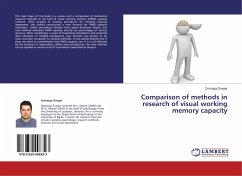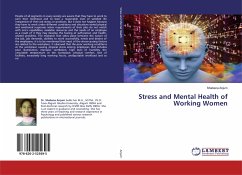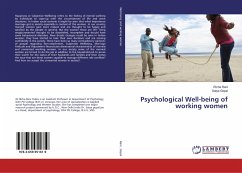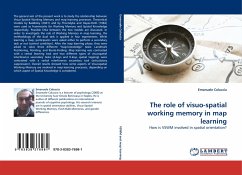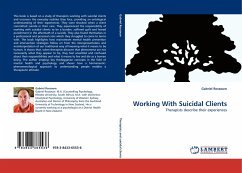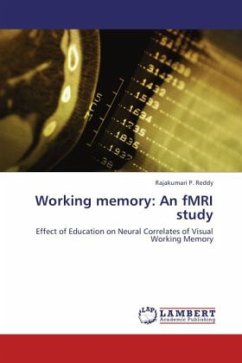If a child performs a work according to his natural abilities and creative potentialities,it is conducive to his healthy growth, but if it is imposed upon the child due to the needs of his family and exploitation by the employers, it becomes harmful for the development of his personality. Labour, in case of children, is harmful because they spend their energy for the purpose of survival instead of spending it to nurture their latent powers. Childhood is regarded as the precious years of the opportunity when reasonable intellectual, social and personal development takes place. The child, who is working full time to support his family, does not get any school education. Early education is universally recognised as crucial for the optimal development of the child. Due to long hours of involvement with work, working children have no time for any kind of schooling, most of the psychological and social needs of these children are very little satisfied. Are they different from the normal school-going children or can they benefit from education. Hence a need was felt to study the cognitive and social development of working children in comparison with a school-going child.
Bitte wählen Sie Ihr Anliegen aus.
Rechnungen
Retourenschein anfordern
Bestellstatus
Storno


